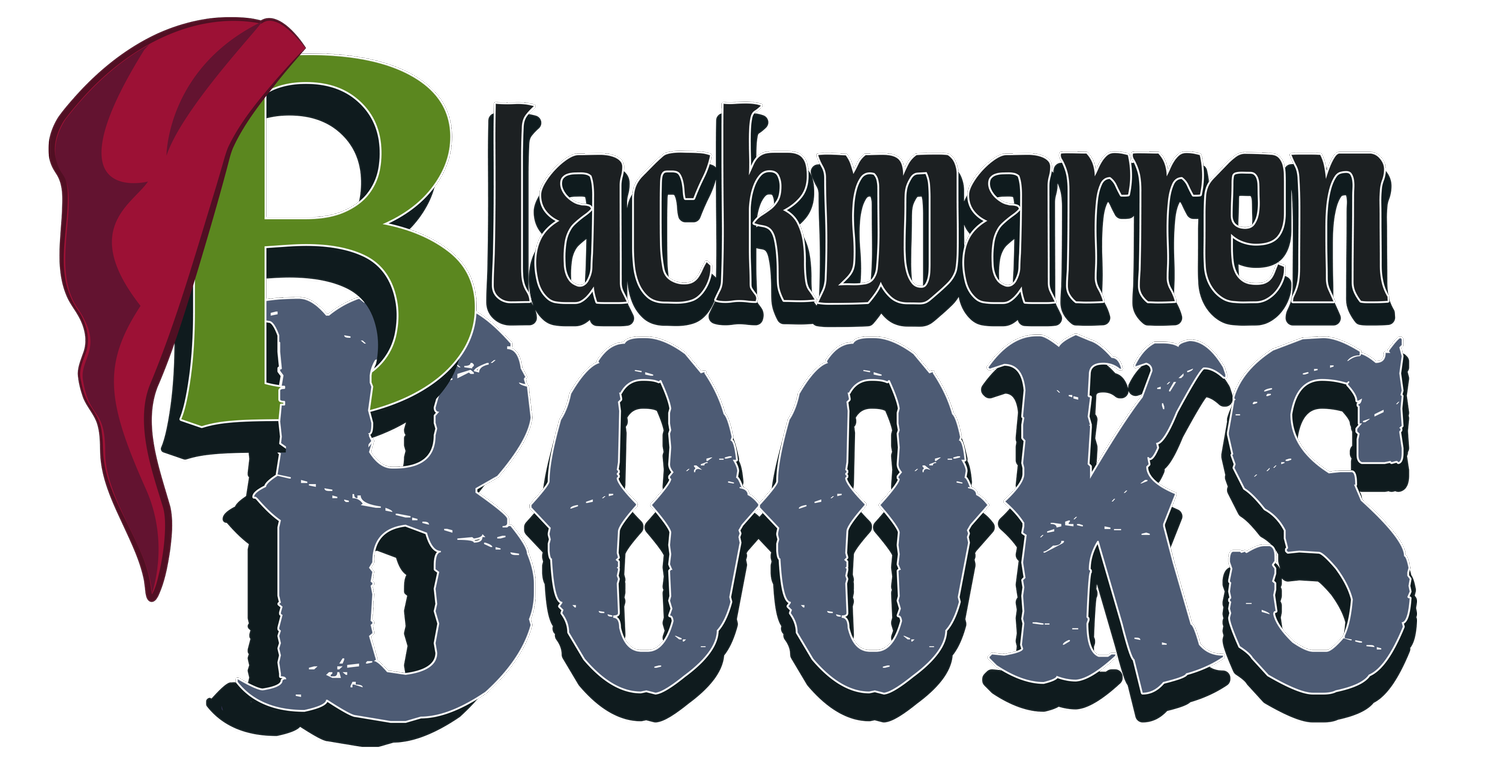Justifying My English Degree: The Wind-up Bird Chronicle and the Importance of Names
All too often in a novel, you have to remember that everything is put such a way for a reason. The story happens in a specific place, at a specific time, and involving characters who usually have specific names, all of which will lead to a greater understanding of the plot and the overall “meaning” of the novel itself. It is the names in Haruki Murakami's The Wind Up Bird Chronicle that I wish to examine in greater detail, particularly those close to Okada.
The flow of the story seems to carry Okada, a rather average and normal Japanese citizen from a concrete and real world to a much more surreal and mystical reality, with Okada finding himself stuck in between the two. I found myself reminded of the film Run Lola Run, where the cinematography was split between the main characters Lola and Manni and with all the supporting characters. When Lola and Manni are on screen, the film is in crisp cinematic 35mm film, whereas when they are not, the video is suddenly in grainy Handicam or a series of still snapshots and abstract images, in a sense, much less real than the reality that Lola and Manni occupy. In the case of The Wind Up Bird Chronicle, the shifts in reality not shown by changes in camera work, but rather with the names of the characters that Okada is interacting with. The characters that represent the shifts in reality to a more mystical set are Malta, Creta, Cinnamon, and Nutmeg, all of whom took the names for themselves (though Cinnamon may actually be his real name, though it is never confirmed). All of them bring mystical or at least surreal elements into the story, such as clairvoyance, divination, precognition, dream travel, astral projection, and psychic sexuality. It is the odd names that set them apart, that they have divorced themselves from their original names that incorporate them into a different reality that Okada finds himself stepping into.
On the other side of it all, lies those who are grounded firmly in reality, namely May Kasahara and Noboru Wataya. While May Kasahara seems as first a bit strange or “off”, her experiences are still very much grounded in reality, essentially existing as an anchor to Okada. While she exists as a somewhat whimsical aspect of the concrete reality, showing in the death of her boyfriend, her conversation topics on the nature of everything, and her consideration of leaving Okada in the well to die, there is nothing about her that can be considered paranormal. Later in the book, her letters serve as a chain to reality, a description of a simple existence to anchor the previous surreal and mystical events.
Noboru Wataya also represents reality, though the most crushing aspects of it. The character is entrenched in the reality that is the institution, flooding the media and the minds of the masses with his rhetoric and philosophy, installing himself in government office. Noboru best represents the oppressive reality that Okada rebels and fights against by immersing himself in the mystical realities that Malta, Creta, Nutmeg and Cinnamon bring him into.
Names even show the division in Okada himself. To those are outside of reality, he is Okada, a citizen of the established reality peeking his head into the mystical realities that they represent. To May Kasahara, he is simply Mr. Wind-Up Bird, a name which he took for himself that May refers to him as for the rest of their time knowing each other. In a sense, Okada himself is seen to be a part of another reality by May, the more mystical or at least surreal or strange as is evidenced by what she sees to be odd behavior, such as the repeated time spent down in the well. That he is seen by members of one reality to be part of the opposing reality shows the division, that he is both and yet neither, and thus able to travel freely between the boundaries, such as his journeys into the strange dream/astral hotel where he finally finds his wife and confronts Wataya.
This book helped me realize the importance of names, names that are taken by the character, and the names that are given to them. The main character of my novel Settle the Score has unusual middle names, and thus prefers his first name “Nick” as it “sounds more normal”, showing his desire to be just like everyone else, and see what everyone else sees rather than the mystical reality that oppresses him.
